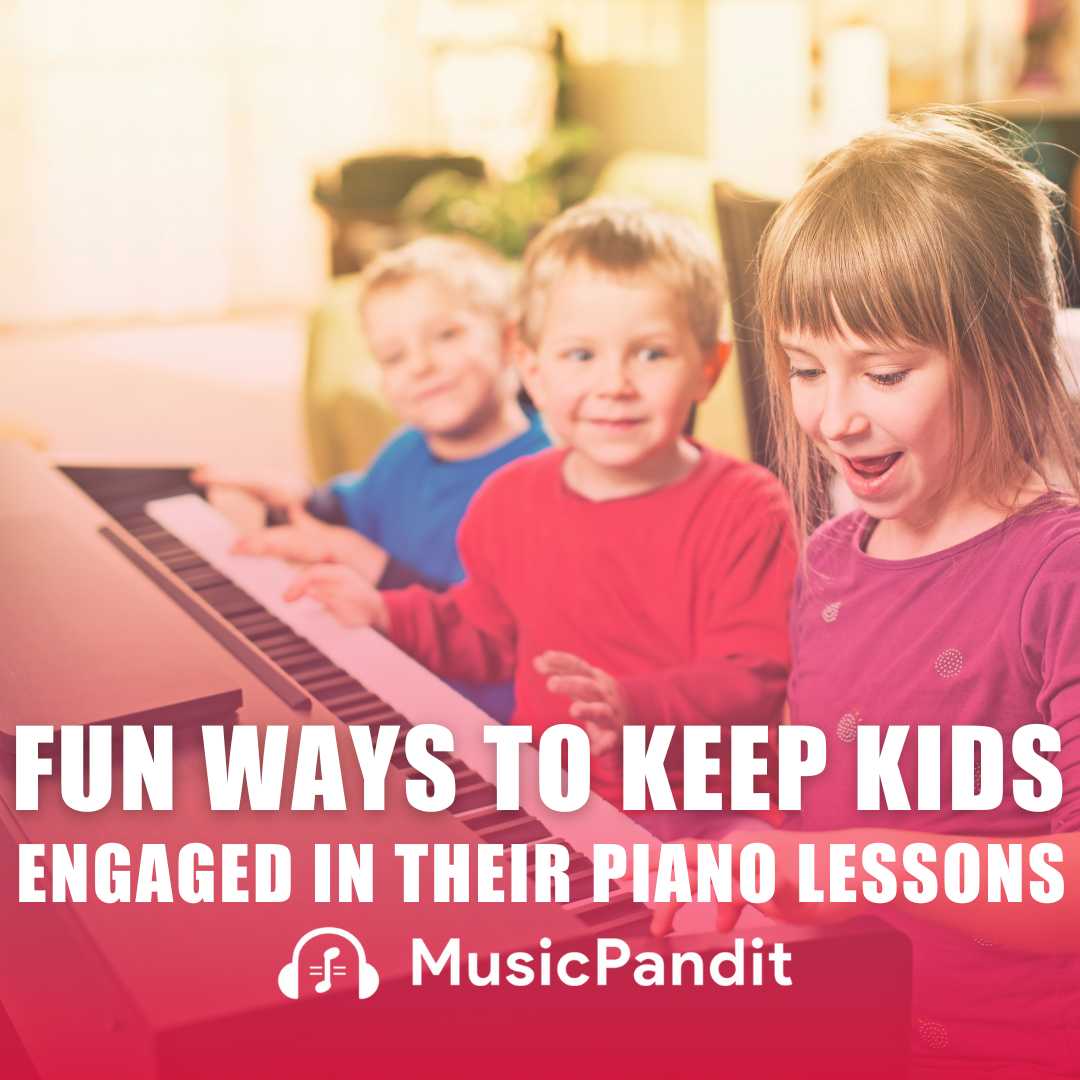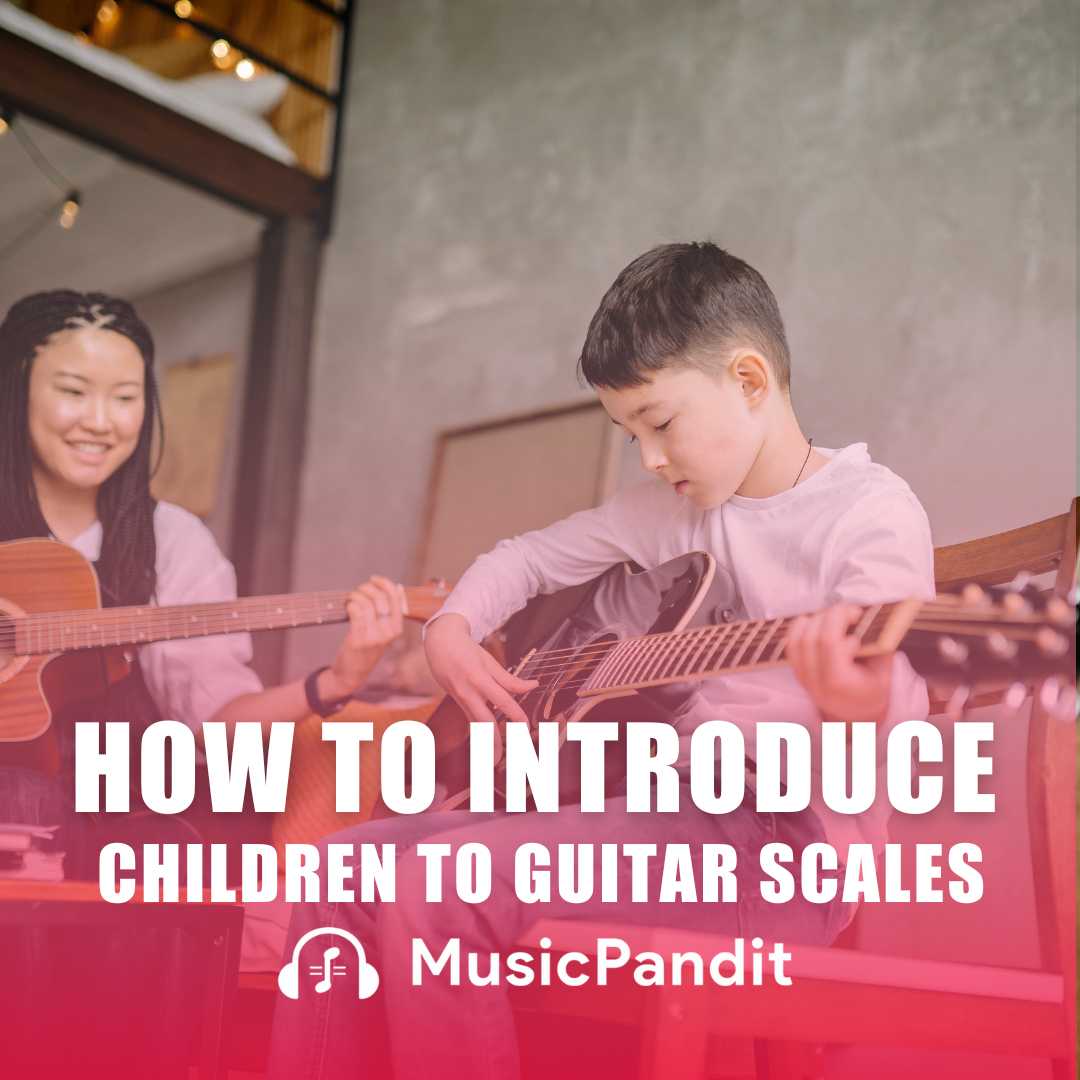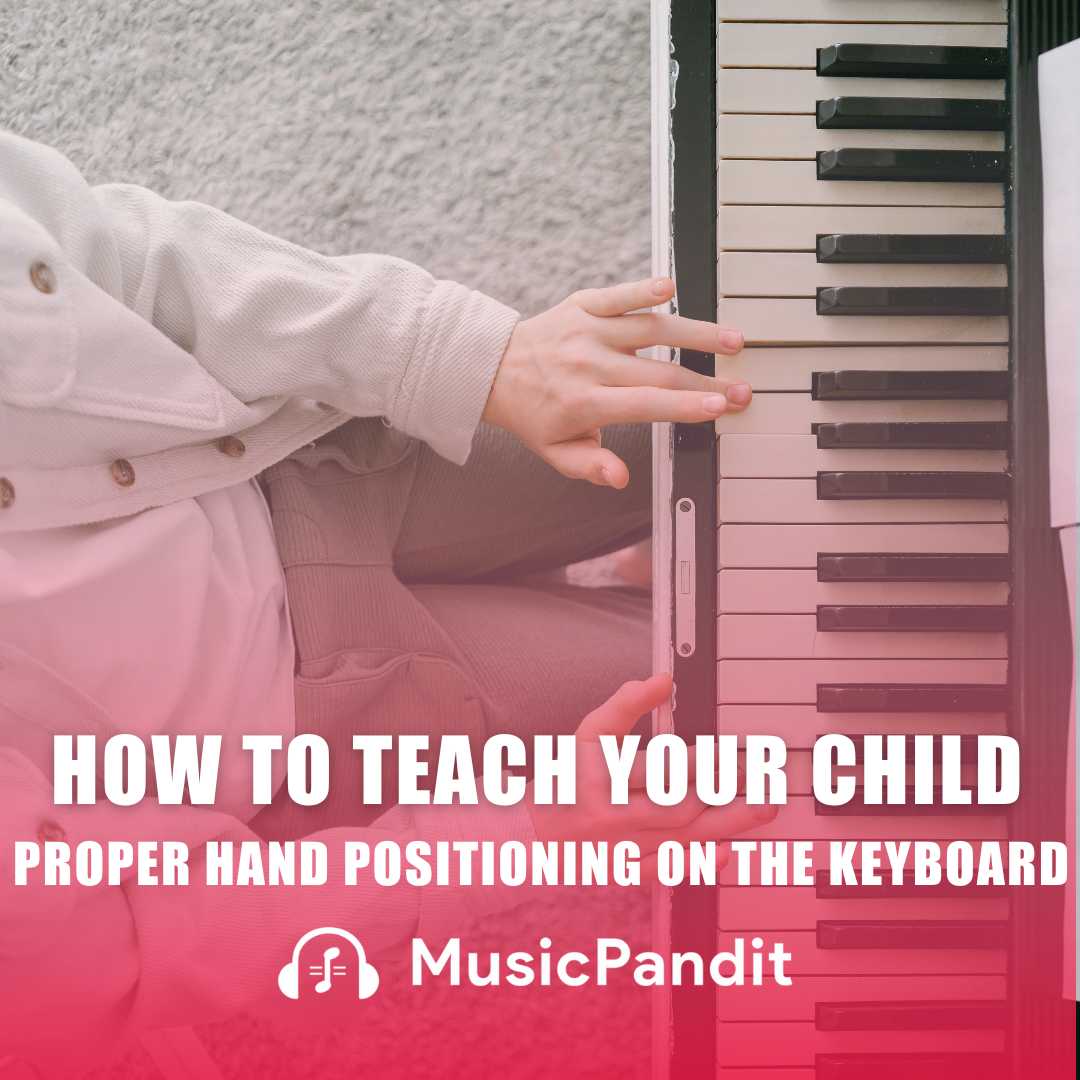Research and studies show well-structured music lessons can significantly improve children’s cognitive skills and academic performance. It primarily involves verbal intelligence, inhibition, and planning, which ultimately helps them achieve high marks in their academic year.
Lessons for visual arts enhance the spatial and visual memory of the kids. The research gets carried out among two groups of students in a particular school. One group receives music lessons with a regular curriculum, and the other group only focuses on their studies.
After a few years, the examiners evaluate both groups of students based on their academic as well as musical performance. It is observed the children undergoing music sessions include more cognitive improvements compared to the other student segment. They exhibit the outstanding capability to organize and plan the task and complete it accordingly. In this way, the researcher wanted to support the political parties to reintegrate music in every school all over the globe.
But due to improper funding and high competition among the students academically, music classes are removed from the syllabus and schools. The school authorities consider the learning process of a musical instrument or getting training for singing as a luxury rather than a necessity in the education system.
Music Enhances Academic Knowledge
Math and music are always interconnected. By understanding the concept of rhythm, scales, and beat, kids indirectly learn to identify the patterns, build up and divide the fractions, and more. For example, playing with the violin or guitar strings allows children to learn more about sympathetic and harmonic vibrations. Various non-stringing gadgets like vibraphone and drums also give the children the equal opportunity to discover these scientific principles.
Increases the Power of the Brain
We all know, Albert Einstein is not only a world-famous physicist but also a maestro in violin. He had started mastering the art at an early age and began performing various tough songs even before he got into high school. Based on the opinions of numerous scientists, there is a strong connection between the left and right hemispheres of his brain which is the primary source of logic and creativity.
Several documents support the fact that children have immense brain development when they start to take music lessons. Other than that, there are many more benefits of incorporating music and study together, such as:
- Enhancing the memory capacity
- Increasing the blood flow
- Connectivity in between different brain parts
- Continuous brain plasticity for the entire life
Understanding, learning, and remembering everything you have learned in a music lesson includes a high number of data. These include processing and memorizing the notes of a particular musical instrument, how to construct the chords, total time necessary for playing the musical device, and many more. Thus, children have to expand their memory capacity to include all that information. They also integrate various speeches, texts, and lectures with learning musical gadgets or singing lessons.
Speech and Music
Music is also considered one of the simple forms of communication with no language barriers. Children learning music for a longer duration results in enhancing various cognitive skills, like speech clearance and reading capability. Even a short music training period can improve the brain organization structure.
Conclusion
The advantages of music on academic performance and cognitive skills have been supported by well-documented researches and studies. The result of music sessions is iconic, indicating that every school should include music and vocal classes in its curriculum. It is needless to say, the earlier a child will start taking music lessons, the earlier you will observe the profound outcomes.














